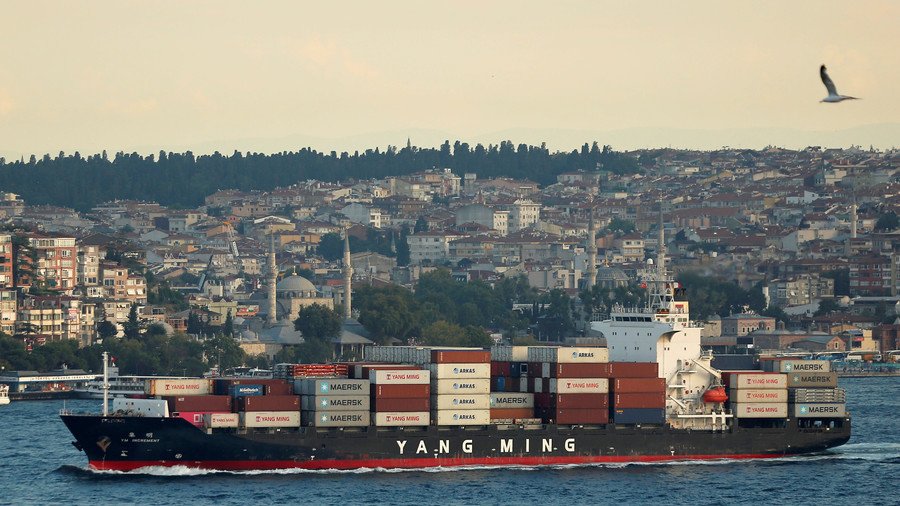Turkey joining BRICS could be ‘serious shock’ for US & EU, analyst tells RT

As Turkey seeks to join the BRICS (Brazil, Russia, India, China and South Africa) union, RT has talked to an analyst about what the country brings to the table for the world's emerging economies.
“The economy of Turkey is one of the fastest growing economies in the world, despite the political events of the recent years and its geographical proximity to hot spots in the Middle East,” says analyst Vladimir Rojankovski from the International Financial Center.
“Turkey is a secular state with a predominantly Muslim population, it stands out favorably against other religious Islamic countries and monarchies in the region. Turkey's accession to the bloc of countries with the Russia-China vector is a serious shock for Europe and the United States,” the analyst added.
In terms of GDP, Turkey ranks 17th in the world, Rojankovski notes. In terms of GDP, adjusted for PPP (purchasing power parity of citizens), it is 13th. This means that from the economic point of view Turkey is on par with all BRICS countries and is well ahead of South Africa.
Turkey’s desire to join BRICS was announced by President Recep Tayyip Erdogan on Monday. “We are in the G20 with five of those countries. I wish they would take the necessary steps to let us in and we could take our place in BRICS,” Erdogan told Hurriyet on the sidelines of the BRICS Forum in South Africa.
BRICS was founded in 2006 during the St. Petersburg International Economic Forum. Initially, it was formed by Brazil, Russia, India and China, with South Africa joining the bloc in 2010.
Together, BRICS countries account for 26.46 percent of world land area, and 42.58 percent of world population.
According to IMF estimates, BRICS member states generated almost a quarter of the world’s GDP in 2015 and have contributed more than half of global economic growth in the last 10 years.
For more stories on economy & finance visit RT's business section















